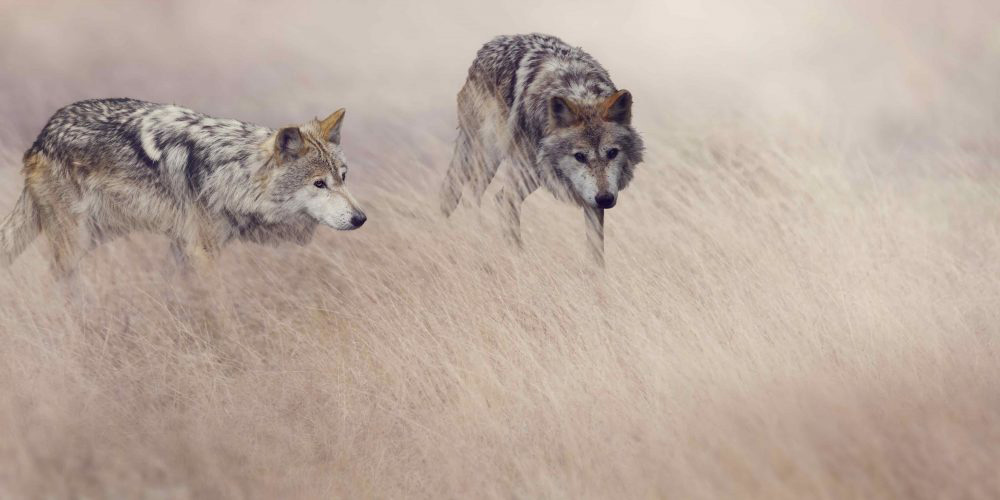“Who Let the Dogs Out? Tracking the Philosophical Life Among the Wolves and Dogs of Plato’s Republic.” In Plato’s Animals: Gadflies, Snakes, Stingrays, Swans, and Other Philosophical Beasts, edited by Jeremy Bell and Michael Naas, (Bloomington, IN: Indiana University Press, 2015). Available in Open Access Format: http://hdl.handle.net/2022/19576
Identifying a sustainable model for open access publishing in the humanities is a challenge that calls for creative experimental solutions. The model that sustains the growth of open access scholarship in the sciences is rooted in federal funding mechanisms that are unavailable at the same scale for the humanities. This situation requires innovative collaboration between humanities scholars and publishers to develop sustainable ways to provide open access to humanities scholarship at scale.
I am happy to report here on one such collaborative experiment in open access publishing in the humanities.
When I approached the Indiana University Press about making my article in the new volume entitled, Plato’s Animals: Gadflies, Horses, Swans, and Other Philosophical Beasts, publicly accessible as a way to attract interested readers to the full volume, the editors of the book (Michael Naas and Jeremy Bell) and the editors at IUPress were enthusiastic. They saw this as an opportunity to leverage my online profile to market the book.
So, we have made my article “Who Let the Dogs Out? Tracking the Philosophical Life among the Wolves and Dogs of the Republic,” available in an open access format for all interested parties to access and read. Those who would like to read the other articles in the volume, all of which address in creative ways how animals appear in the Platonic dialogues, may use the code that appears at the bottom of this post to purchase the full volume at a 30% discount.
For the experiment to work, readers will need to see value in paying for the full volume of essays available in the book. If we can show that sales were enhanced by this model, we will have started down a road toward developing a more sustainable model of open access publishing in the humanities.
So I ask that if you are interested in the ways animals appear in Plato’s dialogues and appreciate the approach my essay has taken to this theme, please consider ordering the book. Not only will you have access to a collection of excellent articles by some of the best contemporary scholars of Ancient Greek Philosophy, you will have supported an experiment that has the capacity to model a way to open access to more humanities scholarship on broad scale.
To receive 30% off of the book, use this code when you order from IUPress: WMG3XX.
Brief Abstract
Following the scent of wolves and dogs in Plato’s Republic, this essay attempts to track a path that leads us to one of the central teachings of the text itself: that the philosophical life is situated precariously between the tyrannical tendencies of the wolf and the blind obedience of the well-trained dog.
The text is also available on my humanities commons profile.
https://www.scribd.com/doc/256098913/Who-Let-the-Dogs-Out

